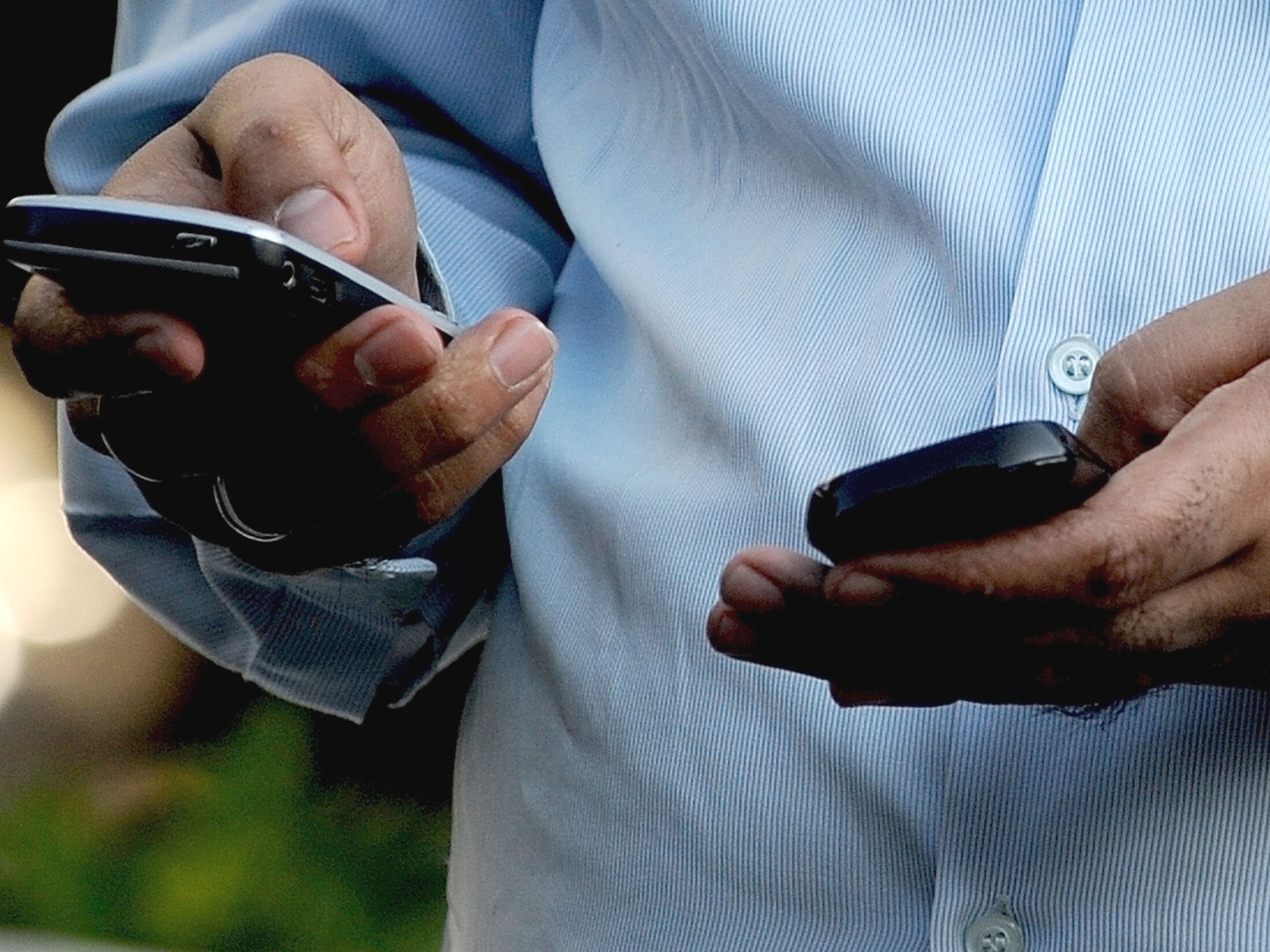The Independent's journalism is supported by our readers. When you purchase through links on our site, we may earn commission.
Text message scam pretends to offer people free gift vouchers
Text messages purporting to be from online retail giant promise free gift vouchers

Shoppers are being targeted by a new wave of text message phishing scams that pretend to offer Amazon users free gift vouchers.
The scam offers people what appears to be a free Amazon gift card and asks for email address verification or for people to click on a link though a text message in order to gain access to personal information through a person’s phone.
One scam in America has seen people receive text messages stating: “Your $1000 Amazon gift voucher is YN89-07L-FG3C. Please verify your email to add this voucher to your account.”
In the UK, people have received text messages that appear to be sent from Amazon, though the company’s name may be spelled ‘Amaz0n’. The Sun reported on a particular message that read “AMAZON Cyber Monday Deals Week. Get your free gift card worth £50. Only a few days left!. Get it here:” pointing to a second text message that appears to contain the link or information about the supposed gift card, which needs to be clicked on to view.
“SMS messaging is a new avenue for these malicious individuals to solicit you through scamming,” Brian Jackson, a cyber-security expert told ABC33/40.
“You may get a link sent to you by SMS asking you to download an app. That app may be malicious, may allow that person to steal directly from your phone,” he said.
Amazon said in a statement: “From time to time, customers may receive text messages appearing to come from Amazon, which are actually false text messages, sometimes called ‘spoof text messages’ or ‘phishing text messages’. These can look similar to real Amazon text messages but often direct the recipient to a false website where they might be asked to provide account information such as their e-mail address and password combination.”
Amazon advises the best way to ensure a person does not respond to a false of phishing text message is to go directly to their account through the Amazon website to review or make changes to any orders, and urges anyone who believes they have received a false or phishing text message to report it to the company.
Join our commenting forum
Join thought-provoking conversations, follow other Independent readers and see their replies
Comments
Bookmark popover
Removed from bookmarks